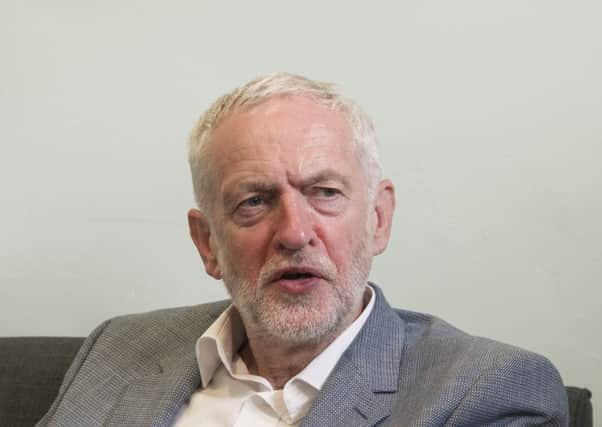Corbyn wants Facebook and Google tax to fund BBC licence fee


The licence fee should be modernised for the digital age, Mr Corbyn will say in a speech to TV industry leaders in Edinburgh, with a “fairer and more effective way” found to fund the BBC.
He will float the idea of introducing a digital licence fee - paid by tech giants or through internet service providers - to supplement the current licence fee, with a view to reducing the cost for poorer households and helping the corporation to compete “more effectively”.
Advertisement
Hide AdMr Corbyn will also propose the creation of a new independent body to set the licence fee and suggest the BBC should be placed on a permanent statutory footing “to end government control through charter renewal”.
The Labour leader will air the ideas when he gives the Alternative MacTaggart Lecture at the Edinburgh TV Festival. Mr Corbyn will say the BBC it needs to become more free from government influence and more accountable to the public.
Among his suggestions, he will argue for “complete transparency” over the diversity of the corporation’s workforce and call for the election of some of the BBC board members by staff and licence fee payers.
On the licence fee, he will tell the festival: “If we want an independent BBC, we should consider setting it free by placing it on a permanent statutory footing, with a new independent body setting the licence fee.
“The licence fee itself is another potential area for modernisation. In the digital age, we should consider whether a digital licence fee could be a fairer and more effective way to fund the BBC.
“A digital licence fee, supplementing the existing licence fee, collected from tech giants and internet service providers, who extract huge wealth from our shared digital space, could allow a democratised and more plural BBC to compete far more effectively with the private multinational digital giants like Netflix, Amazon, Google and Facebook.”